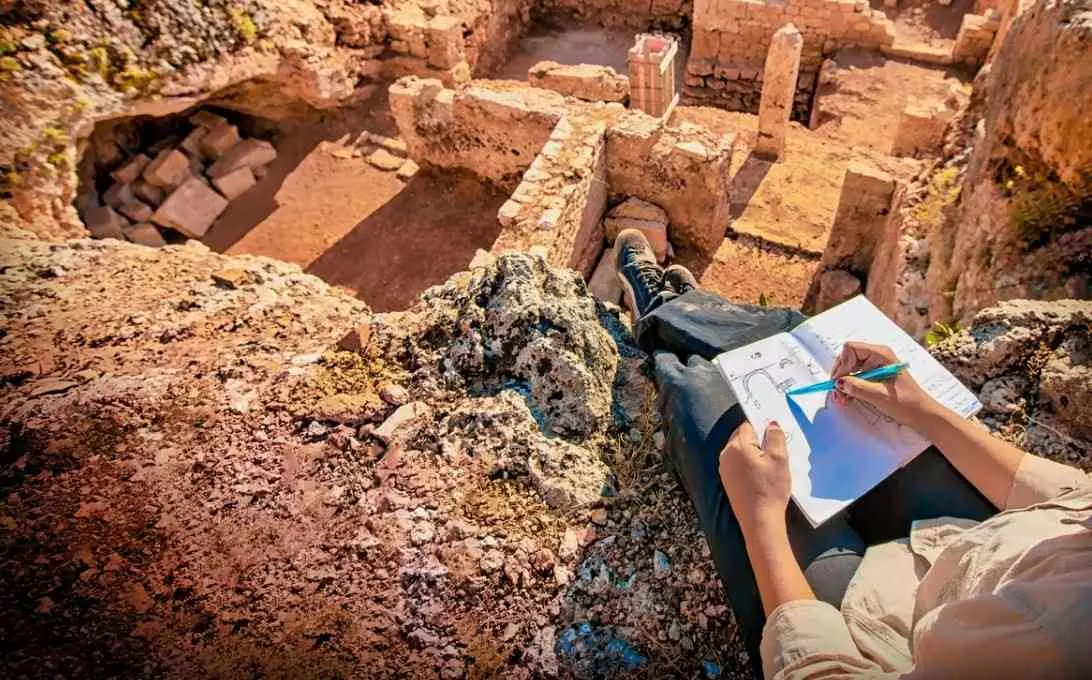
Keeladi excavations: ASI asks archaeologist Ramakrishna to resubmit his report
Former IAS officer Balakrishnan said ASI’s directions are ‘unprecedented’ and there is a clear bias, and that history needs careful and responsible handling

The Archaeological Survey of India (ASI) has directed archaeologist Amarnath Ramakrishna to resubmit his report on the Keeladi excavations in Tamil Nadu after incorporating corrections suggested by two experts.
Ramakrishna led the excavations at Keeladi near Madurai in two phases between 2014 and 2016. His team discovered over 5,500 artefacts that indicated there was an urban civilisation in Tamil Nadu during the Sangam era (the period between 3rd century BCE and to 3rd century CE).
This was a momentous discovery, and Ramakrishna submitted a 982-page report more than two years ago containing the details of the two phases of excavation in Keeladi.
Also read: Keeladi excavations reveals sangam age to be much older than believed earlier
The archaeologist, relying on accelerator mass spectrometry dating of 23 artefacts from the site, determined that they belonged to the period around 300 CE. He used this data to establish the fact that the excavated site belonged to the period between the 8th century BCE and the 3rd century CE.
Row over Ramakrishna’s transfer
In 2017, the ASI abruptly transferred Ramakrishna to Assam, a move that was described as “unusual” at the time by political parties in Tamil Nadu.
His transfer led to a controversy, and it was viewed as an attempt to downplay the historical significance of the Keeladi excavations.
Also read: The buried and forgotten toil of Keeladi excavators
Politicians in Tamil Nadu criticised the Union government and accused it of trying to suppress the evidence of an ancient Tamil civilisation.
The person who took over from Ramakrishna in the Keeladi excavations claimed that there were no “significant findings” in the third phase.
Changes suggested in report
Hemasagar A Naik, Director (Exploration and Excavation), ASI, has informed Ramakrishna in a letter sent on Wednesday (May 21) that the two experts have suggested corrections in the draft report to make it “more authentic”.
Naik’s letter says the classification of the three cultural periods needed “clearer nomenclature or reorientation”, and that the proposed timeline required “concrete justification”.
Also Read: Keeladi: What makes Tamil Nadu keep digging deeper
The ASI has also reported to have flagged some gaps in the report’s documentation.
What HC said
The Madurai Bench of the Madras High Court has asked the Tamil Nadu State Department of Archaeology to take over the excavation.
The 11th phase of the Keeladi excavation will take place next month.
Also read: Riches from the ruins — Keeladi findings in photos
The excavations have uncovered about 20,000 artefacts since 2014.
‘Clear bias’
Former IAS officer R Balakrishnan, the author of Journey of a Civilisation: Indus to Vaigai, said the ASI’s directions to Ramakrishna are “unprecedented”.
“We have been seeing a clear bias. In a multicultural country like India, history requires careful and responsible handling,” said Balakrishnan.
Also read: A common Tamil thread could have bound Keeladi with Harappa

